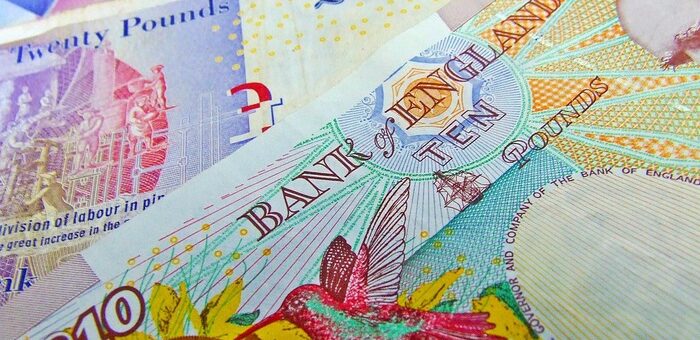Those on the receiving end of debt enforcement proceedings are often required to attend court to give a detailed account of their finances – but does such enforced disclosure signal open season for the press? In addressing that issue in a guideline case, the High Court balanced privacy rights against the principle of open justice.
The case concerned a businessman who owed a £430,000 judgment debt to a creditor who obtained an order requiring him to disclose documents concerning his financial and business affairs and to undergo oral examination before a judge. Due to the COVID-19 pandemic, the examination proceeded by video link.
The debtor disclosed over 1,000 documents, including bank statements, insurance policies and utility bills. Documents concerning a business transaction and a family trust were also examined. Some of the documents concerned the financial affairs of his wife and children and commercial third parties.
In those circumstances, the debtor sought an order requiring that the creditor only make use of the documents in connection with the enforcement proceedings. He cited the human right to respect for privacy, enshrined in Article 8 of the European Convention on Human Rights. In resisting the application, however, the creditor relied on the open justice principle.
Ruling on the matter, the Court noted the basic rule that a party to whom a document has been disclosed may use that document only for the purpose of the proceedings in which it is disclosed. However, there is an exception to that rule where a document is read to or by a court, or referred to, at a hearing held in public.
The oral examination had been publicly advertised in the ordinary way and, although it was held remotely, any member of the press or public could have attended. The fact that there was no such attendance did not mean that the examination was held in private. It was in any event not open to the Court retrospectively to declare that the matter had been dealt with in private. The documents had clearly been referred to during the examination and had been read to or by the Court.
In granting the order sought, however, the Court found that the Article 8 rights of the debtor and others were powerfully engaged. Many of the documents contained highly personal details concerning not only the debtor but third parties, including his children, who had no involvement in the proceedings. He had put forward credible evidence of his concerns about potential misuse of the documents and the information they contained.
The order forbade the creditor from making any use of the documents beyond that required by the enforcement proceedings. He was also banned from otherwise sharing the existence or contents of the documents with third parties.
